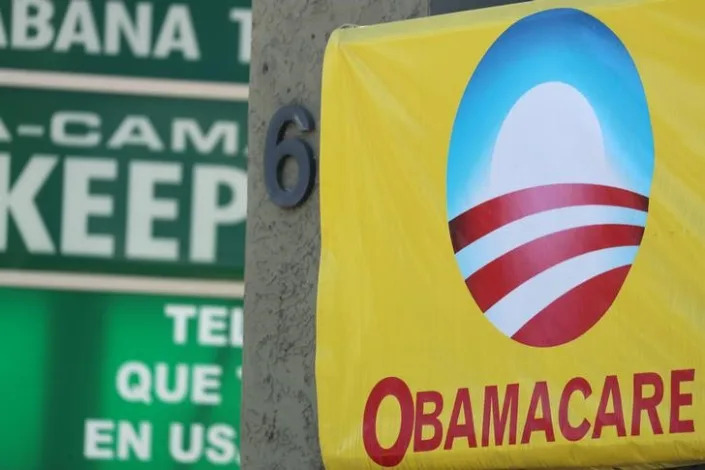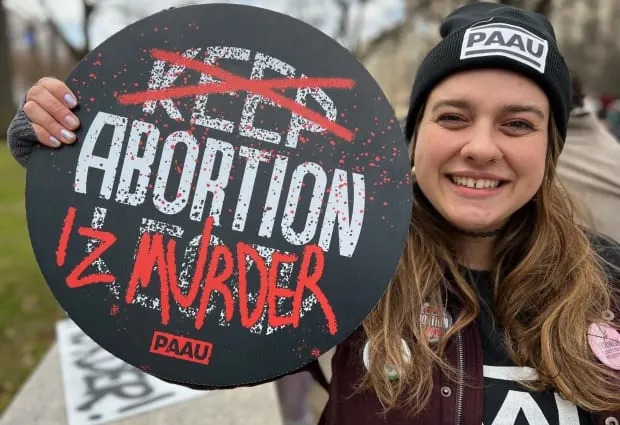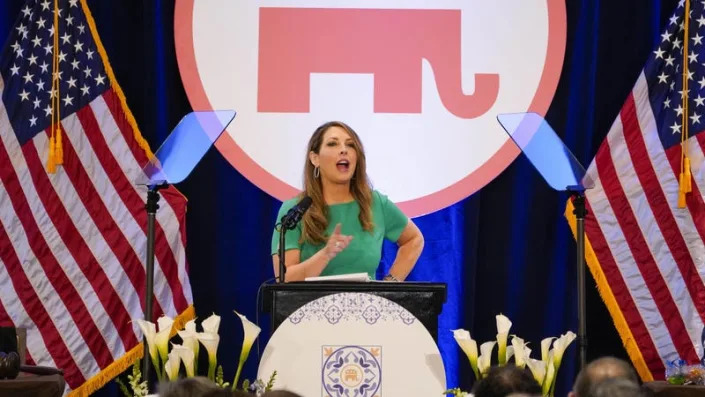
A sign on an insurance store advertises Obamacare in San Ysidro
Mon, January 30, 2023
By Ahmed Aboulenein
WASHINGTON (Reuters) -Women whose employers have opted out of covering contraceptives under their health insurance plans on religious grounds would gain no-cost access to birth control under a rule proposed by the Biden administration on Monday.
The Affordable Care Act (ACA), also known as Obamacare, requires private insurance plans to cover recommended preventive services including contraception without any patient cost-sharing, but current regulations grant exemptions for religious or moral objections.
If the new rule is implemented, women enrolled in plans governed by the ACA would gain birth control coverage regardless of employer exemption, the U.S. Department of Health and Human Services (HHS) said in a statement.
"Today's proposed rule works to ensure that the tens of millions of women across the country who have and will benefit from the ACA will be protected. It says to women across the country, we have your back," said HHS Secretary Xavier Becerra.
Under existing regulations, those enrolled in plans that do not cover contraception on religious or moral grounds can only access contraceptive services through an accommodation that employers can decline to offer.
Under the new rule, a provider would offer contraception at no cost to the employee and be reimbursed by an insurer, who would receive a credit from the government.
The rule would also remove employer moral objections as grounds for exemption from coverage but keep religious ones in place.
(Reporting Ahmed Aboulenein in Washington and Manas Mishra in Bengaluru; Editing by Anil D'Silva, Devika Syamnath and Cynthia Osterman)
White House moves to strengthen ObamaCare contraception requirement

Nathaniel Weixel
Mon, January 30, 2023
The Biden administration is proposing an expansion of contraceptive coverage, including removing moral exemptions finalized under the Trump administration that made it easier for private health plans and insurers to exclude coverage of birth control.
The proposal, released Monday by the Departments of Health and Human Services (HHS), Treasury and Labor, would remove the moral exemption but retain the existing religious exemption. Under the Trump administration rules issued in 2018, entities that have “sincerely held religious beliefs” against providing contraceptives are not required to do so.
Employers are not required to notify HHS if they have a moral objection. The agency said far more employers have invoked religious objections than moral; about 18 employers have claimed that exemption and around 15 employees are affected.
It would also establish a new independent pathway for individuals enrolled in plans or coverage offered by religious employers to obtain contraceptive services at no cost directly from a willing provider or facility that furnishes contraceptive services.
This would allow individuals and their covered dependents to “navigate their own care and still obtain birth control at no cost in the event their plan or insurer has a religious exemption,” the agencies said in the proposal.
The proposal aims to strengthen ObamaCare’s free contraception requirements while also balancing the religious objections certain employers have to providing that service. The law requires all health insurance offered by the vast majority of employers to cover at least one of 18 forms of birth control approved by the Food and Drug Administration.
The so-called “individual contraceptive arrangement” would be available to the participant, beneficiary or enrollee without the plan sponsor or issuer having to take any action it objects to.
“Simply put, the action is undertaken by the individual, for the individual,” the agencies said in the proposal.
Ensuring access to contraception at no cost “is a national public health imperative,” the agencies said, as it can help people “exercise control over their reproductive health and family planning decisions, particularly in states with prohibitions or tight restrictions on abortion.”
In addition, the U.S. Supreme Court’s decision last year in Dobbs v. Jackson Women’s Health Organization “has placed a heightened importance on access to contraceptive services nationwide,” the agencies said in the proposal.
“Now more than ever, access to and coverage of birth control is critical as the Biden-Harris Administration works to help ensure women everywhere can get the contraception they need, when they need it, and – thanks to the ACA – with no out-of-pocket cost,” HHS Secretary Xavier Becerra said in a statement.
Speaking to reporters on Monday, Becerra emphasized the Biden administration was taking actions that worked within the “confines of the law.”
“The actions we took are consistent with the law, to try to make sure that we are protecting the rights of all Americans to access the health care they need. At the same time, protecting religious freedoms,” Becerra said.
“We wanted to make sure that in this very, very critical time that everyone had access to [a] caregiver they might need, and they should not be obstructed based on a basis that is impermissible by law.”
When asked why this action wasn’t taken sooner, Becerra said the decision was rolled out in a way to “raise the confidence level of the American people.”
“If you can show that you went through this in a very studied, methodical way to make sure you got it right — and so here there are many interests that are impacted and we wanted to make sure we did this in a way that was not just compliant with the law, but that people of reasonable mind would look at this and say it makes sense,” Becerra said.
The rule extended the provision to organizations and small businesses that have objections “on the basis of moral conviction which is not based in any particular religious belief.”
The rules apply to all nonprofit and for-profit employers with sincerely held religious objections, as well as private universities and colleges with religious objections with respect to student health insurance coverage.
The current rule allows employers to invoke an accommodation so they don’t have to provide coverage for birth control, so long as employees still were able to receive birth control seamlessly, without any barriers.
But under the rule, employers that object to providing coverage are not required to inform participants that the plan does not cover contraceptive services, and the accommodation is optional. There are no alternative mechanisms to provide contraceptive coverage for affected employees — leaving many people without coverage, the agencies said.
Updated at 4:53 p.m.
The Hill.























